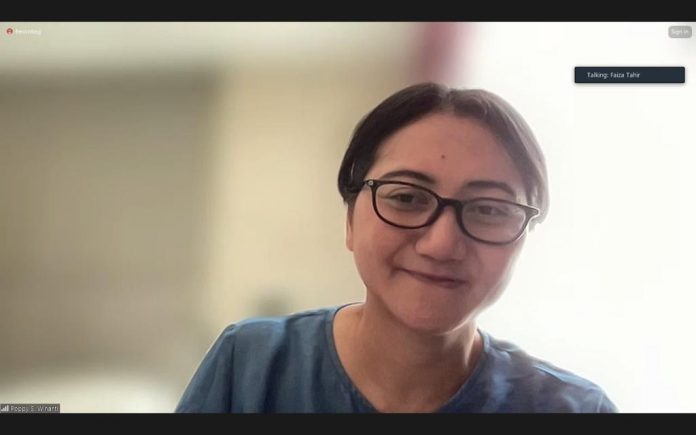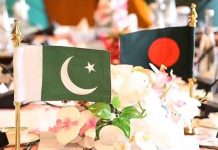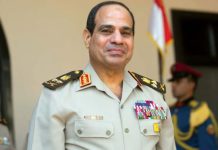The Online Internship Program on the Contemporary Dynamic of Indonesia which is a collaboration between Indonesian Embassy and Bahria University, Islamabad, held its Session-8 on August 10, 2023. At the session Dr. Poppy Winanti, Faculty of Political Science, University of Gajah Mada Yogyakarta, Indonesia, delivered a lecture on the topic of “Indonesia and Regional Economic Integration”.
“ASEAN makes South East Asia even more appealing for commerce and investment for countries outside the region by creating an integrated market of 623 million people” Dr. Winanti underlined while examining the Indonesian regional economic integration as a development strategy.
The speaker examined the proliferation of Free Trade Agreements in the region and the scope how ASEAN members could benefit from the recently adopted Regional Comprehensive Economic Partnership (RCEP), which in addition to ASEAN member countries also included China, Japan, Republic of Korea, Australia, and New Zealand.
“Indonesia was 16th in terms of GDP, 27th in total exports and 30th in total imports economy in the world” the speaker said while highlighting Indonesia’s economic features.
In her presentation, she also shared statistics on the top exports of Indonesia that include Coal Briquettes $28.4 B, Palm Oil $27.3B, Petroleum Gas $8.B, Ferroalloys $7B and Large Flat-Rolled Stainless Steel $6.6B.
Regarding Indonesian imports, She informed that the top imports of Indonesia included Refined Petroleum $14.5B, Crude Petroleum $6.3B, Petroleum Gas $4.2B, Vaccines, Blood, Antisera, Toxins and Culture $3.4B and Motor Vehicle parts and accessories #3.19B.
Dr. Winanti continued that Indonesia’s top export destinations were China $54.5B, United States $26.5B, Japan $18B, India $14.5 and Singapore $13B. About the Indonesia’s top import origin she mentioned that it was led by China with $60.4B and followed by Singapore $18.4, Japan $13.2B, Malaysia $9.5B and United States S $9.6B.
Enlightening the participants, the guest speaker went into details and stated that RTA have more flexibilities as compare to large multilateral trade negotiations as it allowed like-minded countries or interested countries to decide to establish among themselves a common set of rights and obligations to deal with a particular subject matter or sector.
“A deeper integration is much easier at the regional level than it is at the multilateral level and RTA’s are deemed as the better place to achieve consensus for sets of rules that cannot be accomplished within the WTO framework” Dr. Winanti observed.
Regarding the strategies to gain the benefits of RTA, the speaker said they were two pronged namely offensive and defensive. Offensive strategy is about to have market access while ensuring safeguard measures in place to maintain domestic competitiveness and regional supply chain, she added.
“Indonesian market was huge and growing which makes the local producers to seek market access in other countries less attractive” She explained while discussing Indonesian offensive strategy. However, on the other hand, Palm oil and other producers who seek international market access to expand their businesses have non-tariff barriers to deal with such as regulations, subsidies and standards, she added.
She cited an example of Australia which maintains standards not easy to comply with and therefore required Indonesian producers to improve their products standards to be able to penetrate Australian markets. Similarly, she described that Indonesia being a largest Muslim populated country has its own sets of standards such as Halal certification that our trade partners within RTA framework should meet for Indonesian market access.
She said the economic profiles of the ASEAN countries were competitive rather than complementary and therefore it came up with initiative of ASEAN+3 and the scope has been further expanded with RECP initiative to make the regional trade agreement more diverse and complementary. “It create winners and losers but the potential gains from the RTA’s necessarily requires policy adjustments to ensure that the advantages outweigh the disadvantages to the economy as a whole, the speaker concluded.
The Online Internship Program brings eminent scholars and experts to share their insights with participants on the various developments that Indonesia is going through as an emerging economy and Middle Power. The next session will spotlight the topic of “RCEP and Trade Connectivity for Indonesia” to be held with Dr. Kiki Verico as the speaker on August 15, 2023.

















